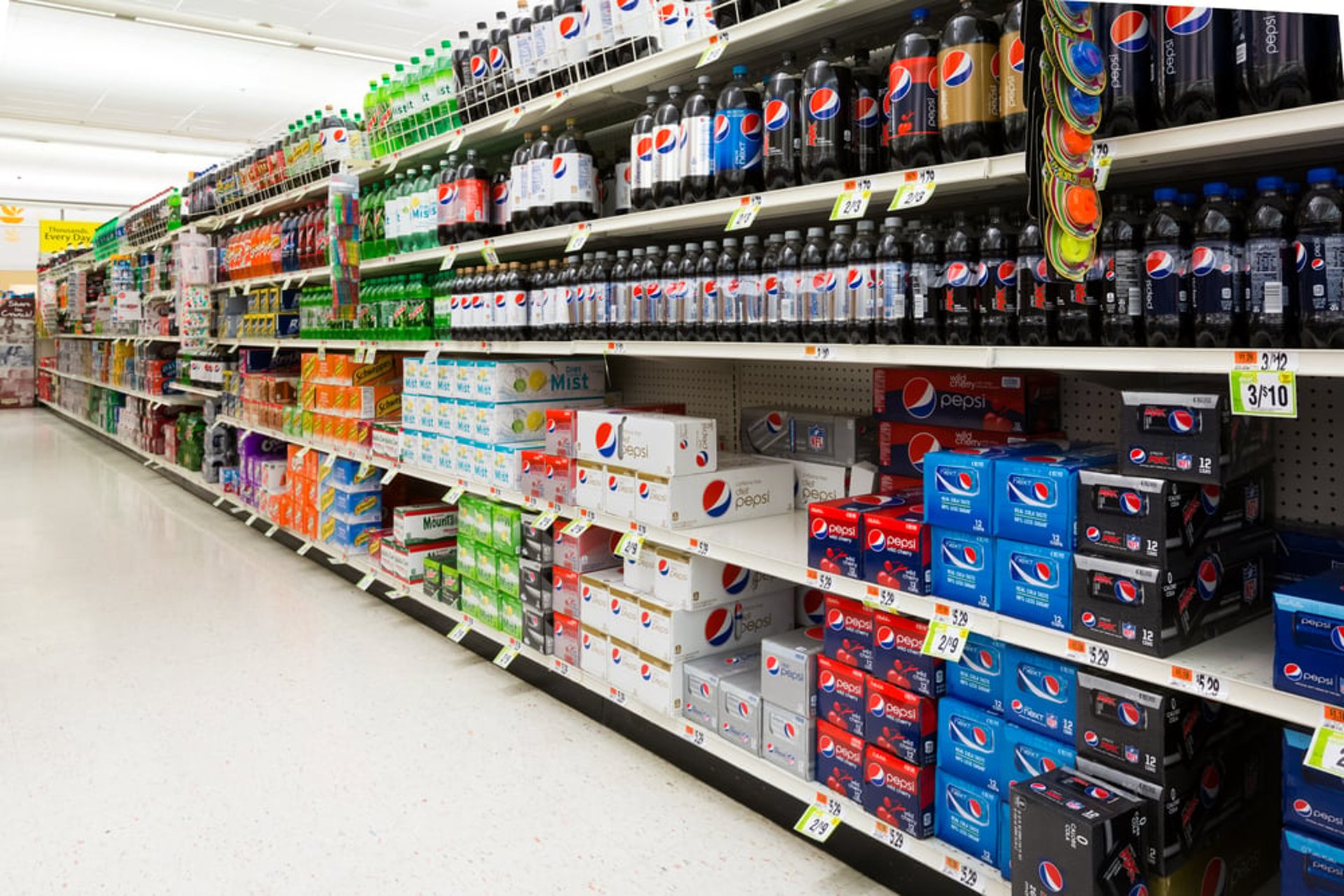
Berkeley, California, is winning the so-called fight against big soda.
It’s been nearly two years since 3 out of 4 Berkeley voters approved a 1-cent-an-ounce tax on soda and other sugary drinks. The “soda tax,” which was implemented in March 2015, is now being credited with a significant drop in the consumption of sugary drinks in that city.
According to a new study published in the American Journal of Public Health, lower-income Berkeley residents reduced their sugar-sweetened beverage consumption by a whopping 21 percent in the first five months after the tax was put into effect.
Instead of swigging soda and sports drinks, these Berkeley residents increased their water consumption by 63 percent, says the Los Angeles Times.
Although other municipalities across the U.S. have considered taxing sugary drinks, Berkeley was the first city in the nation to endorse a soda tax. Philadelphia followed suit in June, when its City Council approved a 1.5 cent-per-ounce tax that will go into effect Jan. 1, 2017.
San Francisco had a similar measure on its ballot in November 2014, when residents in Berkeley, just across San Francisco Bay, passed their city’s soda tax. But the San Francisco initiative failed to pass.
Kristine Madsen, a researcher at the University of California, Berkeley’s School of Public Health and senior author of the study, tells NPR the juxtaposition of Berkeley and San Francisco provided a “perfect natural experiment.”
San Franciscans and Berkeley residents reported drinking similar amounts of sugary drinks before they voted on the tax. But since the soda tax was implemented in Berkeley, soda consumption in San Francisco and neighboring Oakland actually increased by 4 percent, says the Times’ report on the study.
Madsen says reducing sugar-sweetened beverage consumption by 21 percent is enough to lower the rates of obesity and Type 2 diabetes for many years to come.
“This would have a huge public health impact if it were sustained,” she tells NPR.
What do you think about a soda tax? Would it impact your decision to purchase a soda or other sugary beverage? Share your comments below or on our Facebook page.




Add a Comment
Our Policy: We welcome relevant and respectful comments in order to foster healthy and informative discussions. All other comments may be removed. Comments with links are automatically held for moderation.